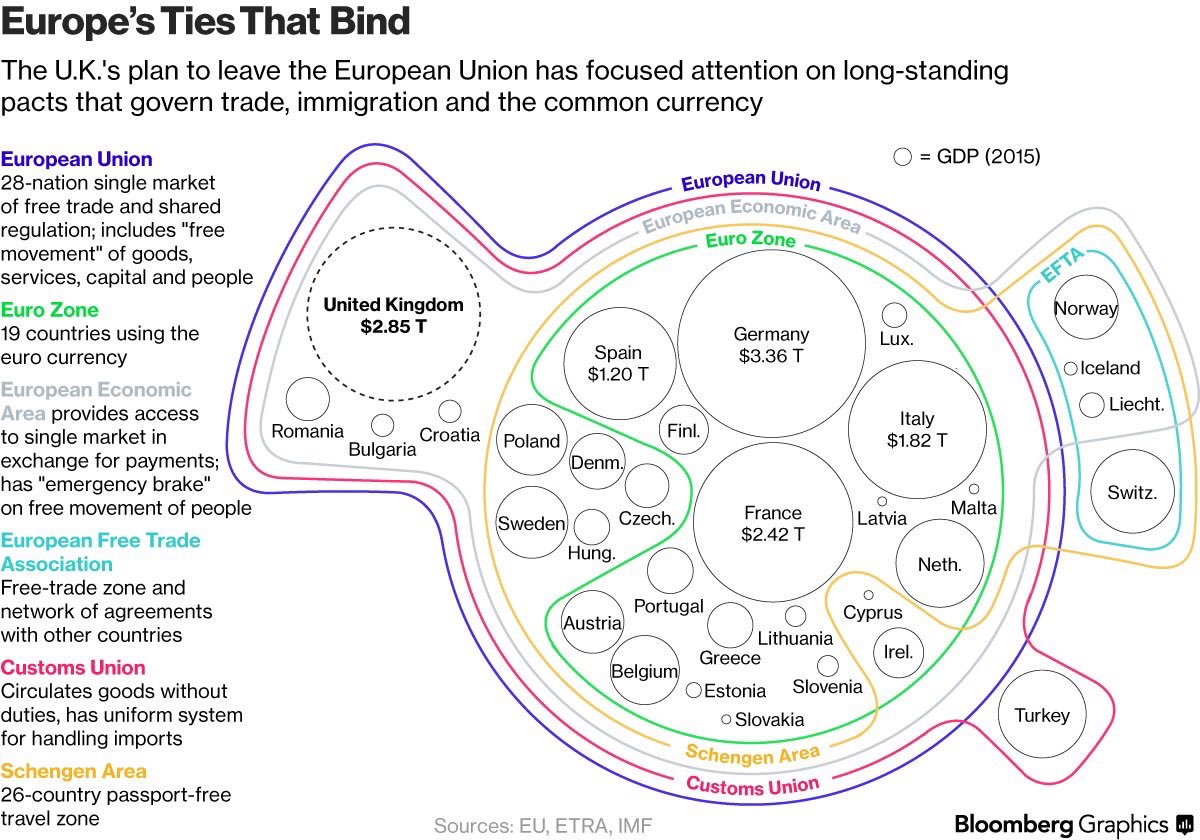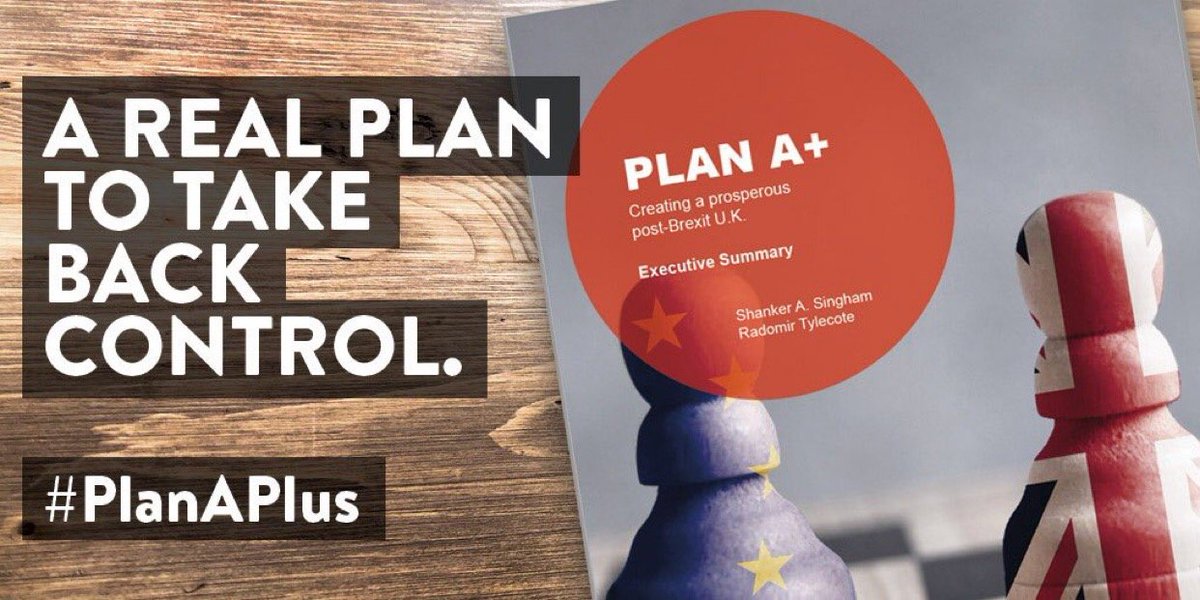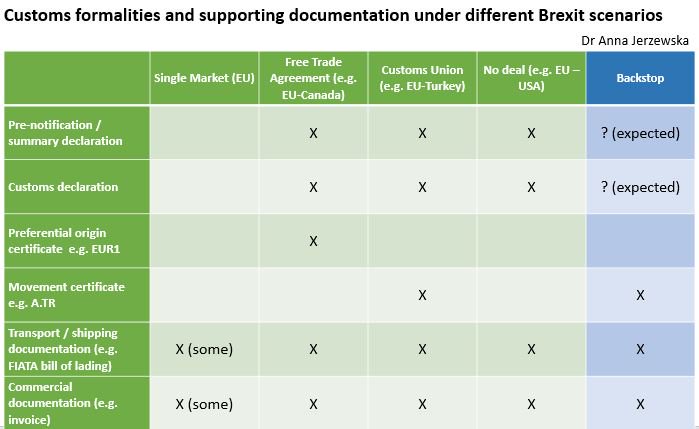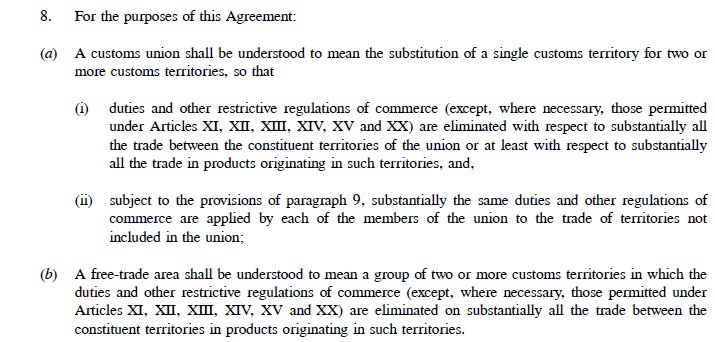In any meaningful sense, Brexit would be lost
1/12
*A* CU, requires movement certificates into the EU
In both *a* and *the* CU, all checks other than rules of origin are derived from the rules of the EU “single market” (SM)
2/12
That means no scope for domestic regulatory changes or independent trade policy: all countries will need us to have regulatory flexibility to do trade deals
3/12
“As we leave the European Union, we will no longer be members of the single market or customs union but we will seek a deep and special partnership including a comprehensive free trade and customs agreement.”
4/12
If we are in both, there can be no economic advantages to leaving
The EU would love it and likely replace the backstop with both, forever: Brexit would be over
5/12

Let’s not confuse the legal position with political reality: once big business has locked into the EEA rules, they will cry cliff edge if we ever try to take back control.
6/12
Ask the Norwegians about the Postal Directive they tried to resist. They were penalised across other unrelated sectors such as fisheries.
7/12
In order to get that from the EU, we need leverage: we must be able to negotiate on goods and agrifood: we cannot be in customs union
8/12
So CU and EEA options don’t solve anything, but an FTA does allow minimising customs disruptions, and permit regulatory cooperation
9/12
The US are ready to negotiate but they go into primaries next Spring
Joining CPTPP as one of the early accession countries would be lost
We need to work with global partners
10/12
Far better to exit now and table legal text for an offer to match the EU’s of March last year: bit.ly/EUofferMar
11/12
It’s time for #PlanAPlus: bit.ly/PLANAPlus
And we get there via #BetterDeal: bit.ly/BetterDealPDF
12/12





